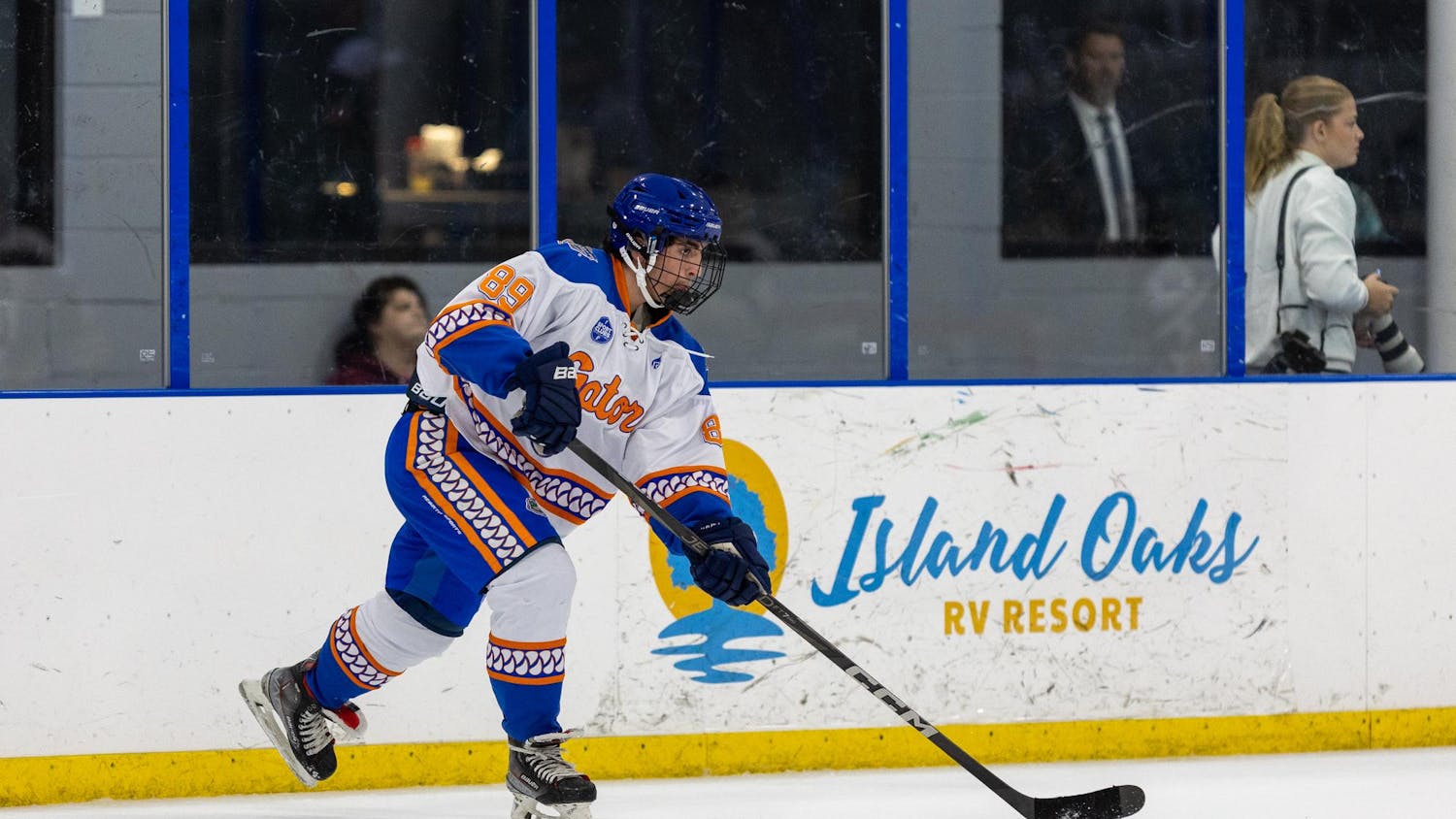It is safe to say that a majority of millennials and those who are even younger have some sort of social media account. After all, we are dubbed the social media generation by various media outlets. Whether your interactions with social media just involve the Twitter you had to make for class participation, or if you’re constantly picking the perfect Instagram filter, you have most likely had some degree of interaction with making a post. Think about the last post you made, whether it be a quick snap on your Snapchat story, a long Facebook life-update or a witty tweet. Would you say that post accurately represents you? Chances are, you’re rolling your eyes and going “duh.”
So often we are warned by the media, within our own generation and older, that social media does not depict an accurate representation of a person. No one looks as perfect as their Instagram selfie or really goes out as much as their Snapchat story would have you believe. No one’s life is really as hilarious as their Twitter account, and no one’s accomplishments are as grand as their Facebook statuses would have you believe. We are constantly reminded that social media is not real.
To hammer this point in, articles exposing the fakeness of social media pop up everywhere. From exposés about Instagram-famous teens who were paid to promote specific items with photoshoots orchestrated by big companies, to hashtags that trend about social media versus reality. People complain about how fake others seem on social media, often posting their own social media rants about said fake people. We are seemingly aware of the fake accounts and do our best to separate ourselves from them.
But what separates someone from having a fake social media life and a real social media life? What is the difference between a brunch picture from an Instagram-famous account or the picture you posted of your lunch, besides the amount of likes?
What we choose to put on social media is curated; no one can deny that, even those who insist they are being genuine. Because the fact is, we aren’t going to post bits and pieces from our day that we don’t find somewhat significant or special, or that we don’t want to share. A #NoMakeup selfie is just as much a curated choice as a totally done-up one. A post-gym mirror picture is a conscious choice, just like a picture of someone volunteering at an animal shelter. Whether we make a tweet every time we think about doing something or we only make Facebook posts for important life updates, the fact is, it is a choice, each and every time.
To this, dear readers, we postulate: Where do our real selves end and our social media selves begin? Perhaps we’re all analyzing this wrong. After all, what is the true self? Is it who we are, who we are aware of or who we want to be? Do our true selves not vary from our different stages in life or from the different social groups we are a part of? Perhaps our social media self is simply an extension of our regular self. Perhaps they are a mix of how we want to be seen and how we already are.
We are already keenly aware of what it means to be fake on social media, which means that those we believe are being fake must already know that as well. So perhaps when we call someone’s social media presence fake, it is simply because how we see someone does not align with how they see themselves — perhaps the way we are seen does not align with how we project ourselves to the world.





